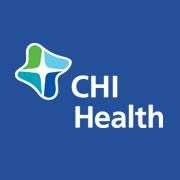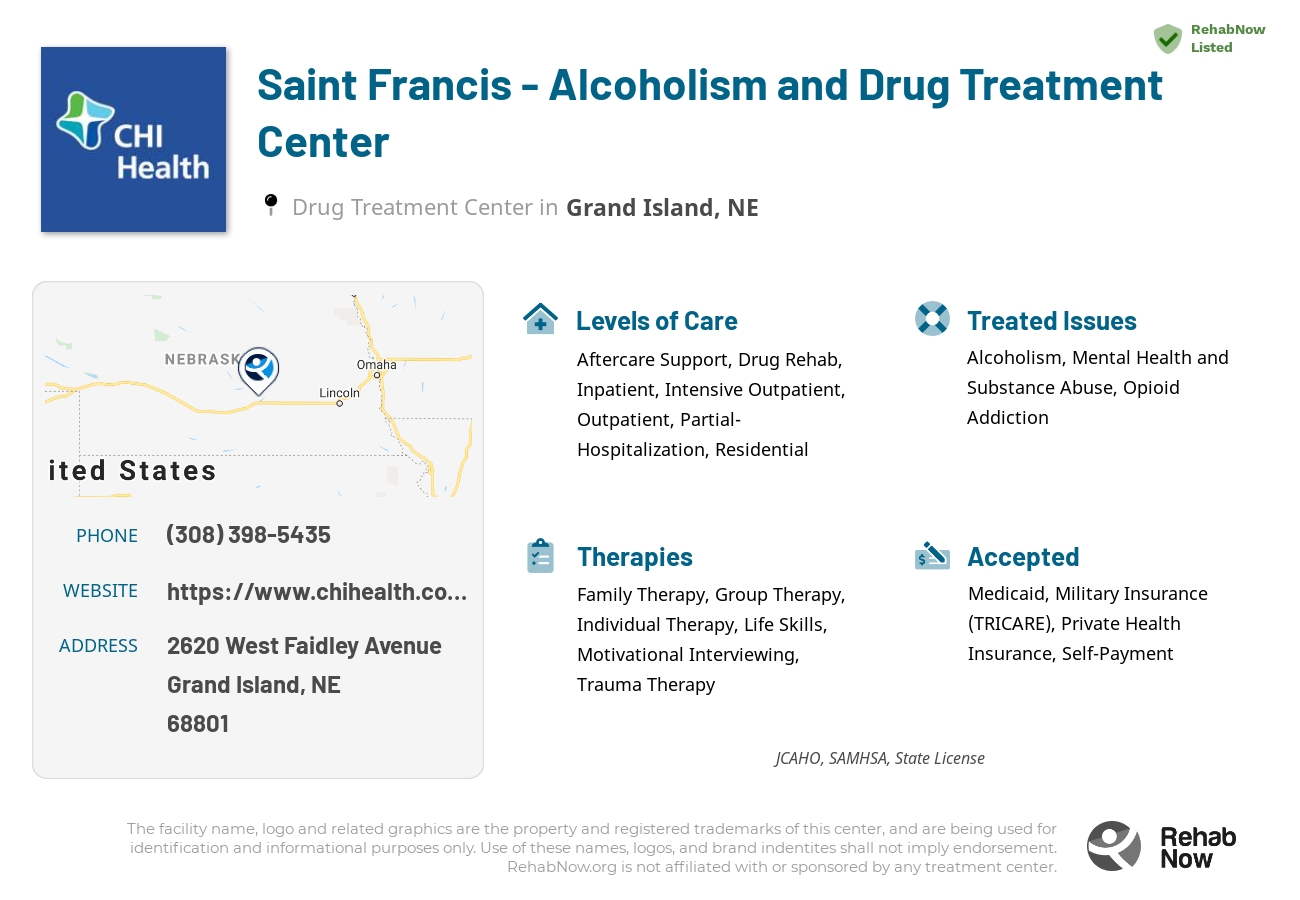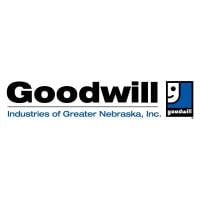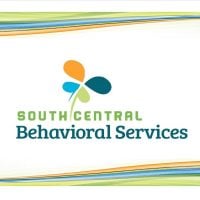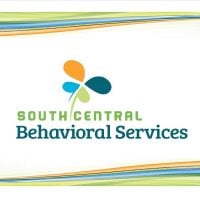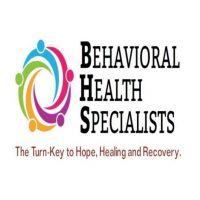Saint Francis - Alcoholism and Drug Treatment Center
Drug Rehab Center in Grand Island, Nebraska
Saint Francis - Alcoholism and Drug Treatment Center in Grand Island, Nebraska provides compassionate and comprehensive addiction and substance abuse treatment through evidence-based treatment modalities that cater to each individual's unique needs, along with additional services such as spiritual support, art therapy, nutritional guidance, and holistic services to support long-term sobriety.
About Saint Francis - Alcoholism and Drug Treatment Center in Nebraska
Saint Francis - Alcoholism and Drug Treatment Center in Grand Island, Nebraska, is a comprehensive and compassionate treatment facility that provides help for individuals suffering from addiction and substance abuse. They offer comprehensive inpatient treatment, outpatient care, family therapy, and 12-step programs that have been designed to bring about positive change for individuals and families. Their goal is to help people on the path to recovery and a successful future.
Saint Francis - Alcoholism and Drug Treatment Center offers a variety of evidence-based treatment modalities to address addiction. These include individual and group counseling, recreation therapy, life skills classes, and other therapy sessions. These services are tailored to each individual, providing tailored care that meets the unique needs of each person. The facility also focuses on relapse prevention strategies and aftercare planning to ensure individuals maintain long-term sobriety.
Saint Francis - Alcoholism and Drug Treatment Center is licensed and accredited by the State of Nebraska and is a member of the National Association of Addiction Treatment Providers. The facility has also been honored with numerous awards that recognize the quality of services, including the Excellence in Quality Award from the Nebraska State Department of Health and Human Services. Patients are offered a wide range of additional services, such as spiritual support, art therapy, nutritional guidance, and holistic services to help them in their journey to recovery.
Genders
Ages
Modality
Additional
Accreditations
State License
SAMHSA

JCAHO
Conditions and Issues Treated
Treatment for opioid addiction is best made with the help of medical professionals who are experienced in dealing with these types of drugs. This treatment can involve medications, exercise, behavioral therapy, and counseling sessions. It is important to note that the effectiveness of treatments for opioid addiction vary, so it is vital to research which treatment options are suitable for each individual.
Many people who struggle with opioid addiction need to attend specific programs like methadone , Suboxone or Vivitrol clinics.
These types of programs will provide the patient with legal, prescription medications that can help them overcome their cravings for illegal opioids like heroin or fentanyl . If the patient has a chronic condition like Hepatitis C, they must undergo treatment before they can begin taking these medications.
Levels of Care Offered
This center offers a variety of custom treatment tailored to individual recovery. Currently available are Aftercare Support, Drug Rehab, Inpatient, Intensive Outpatient, Outpatient, Partial-Hospitalization, Residential, with additional therapies available as listed below.
Inpatient recovery offers individual therapy, groups, and family therapy. The length of inpatient addiction treatment depends on the addict and their addiction. Inpatient rehab is a costly drug treatment, costing anywhere from $30k- to $60k. However, insurance often offers help in covering these costs.
An intensive outpatient treatment program, or IOP, is set up for those struggling with an addiction to begin the recovery process. However, the patient will not live at the facility during treatment.
IOP involves patients coming in and out of a medical office building regularly to receive therapy and other services while continuing their life outside of these visits.
IOP is a step up from drug detoxification or alcohol detox. However, it’s still considered a phase of recovery rather than the ultimate goal. There are many rehabs and treatment facilities available to patients in need of IOP.
Outpatient treatment can be considered the lowest intensity level of addiction treatment in Grand Island, NE. It is ideal for early phase addiction or lower intensity addictions. Saint Francis - Alcoholism and Drug Treatment Center peer group support, 12-step programs, and individual counseling are likely to be involved.
A partial hospitalization program (PHP) is designed to help those in Grand Island, NE with acute addiction symptoms. This means the person is treated in a hospital-like setting while still having some freedoms as an outpatient. Most PHPs like Saint Francis - Alcoholism and Drug Treatment Center require six hours of daily therapy and three days per week of group or individual counseling. If desired, they may sleep onsite or go home (but all participants are monitored more than any other type). These plans usually last one month but can be extended to six months, depending on your weekly time commitment!
Partial hospitalization programs are designed for people who need care but want to stay at home. Outpatient clinically supervised care allows people to participate in treatment while going about their daily lives without staying away from home for long periods.
The Partial Hospitalization Program requires you to be available for individual therapy sessions for a minimum of five days per week for twenty-four weeks. You will be seen for follow-up visits until the treatment is stopped.
Residential treatment programs are those that offer housing and meals in addition to substance abuse treatment. Rehab facilities that offer residential treatment allow patients to focus solely on recovery, in an environment totally separate from their lives. Some rehab centers specialize in short-term residential treatment (a few days to a week or two), while others solely provide treatment on a long-term basis (several weeks to months). Some offer both, and tailor treatment to the patient’s individual requirements.
Aftercare support is vital to those who have completed a drug or alcohol treatment program. This support comes in individual and family counseling, treatment of psychiatric and other medical conditions, and medications to reduce cravings. It helps recovering addicts adjust to normal day-to-day activities and can last for a year or longer.
The majority of drug and alcohol addicts who receive aftercare treatment do not relapse. It is estimated that without aftercare, the relapse rate will be between 70 to 90 percent for most people. Aftercare is the final stage in addiction recovery, but it will also help maintain sobriety if relapse does occur.
Therapies & Programs
Individual therapy is ideal for addicts who want to focus on themselves. It can also be helpful for those whose withdrawal symptoms are exacerbated by the presence of other people.
Benefits of individual therapy are:
- Access to a personalized treatment plan that focuses on the individual needs of the addict
- More privacy during treatment sessions
- Better personal development through introspection
- Increased self-awareness regarding addictive tendencies in order to avoid relapse
- Greater potential for a long-term recovery plan
- Receiving professional advice and detox assistance from medical staff
Family therapy can help you and your family deal with old issues that may trigger substance abuse. The idea behind family therapy for drug addiction is that you are never fully healed from substance abuse until you’ve healed your relationship with your family, too. To get sober, you need to find a different way to cope with the pain in your life.
This is when a group of people in various stages of recovery meet up and discuss their experiences, triggers, successes, failures, and even alternative therapies! Unlike support groups where everyone already knows each other, group therapy is conducted along side outpatient or inpatient treatment at Saint Francis - Alcoholism and Drug Treatment Center.
Trauma therapy is a clinical process that helps individuals deal with mental stress often caused by traumatic events. The therapist helps the person identify, understand and work through the problem. This is done with the help of talking about it in group or one-on-one counseling sessions.
Therapists use relaxation, role-playing, art, and music to help the person open up about what is bothering them. Some examples include:
- Talking about the traumatic event and how it affected them.
- Helping those who have PTSD to deal with their nightmares and recurring memories.
- Working with individuals to resolve the issues triggering the stress, whether seeing someone who reminds them of what happened or feeling helpless.
The individual is also encouraged to help others that are struggling with similar problems. This often helps them feel empowered and gives them hope.
Trauma therapy is not for everyone; it is usually reserved for people who have recently experienced a traumatic event and struggle to get over it. It is generally done for children, teenage victims of sexual assault, and war veterans.
CBT is a psychotherapy approach and method. [ws-nap-name] people to examine how their thoughts, including habitual harmful and inaccurate thinking, affect their actions. CBT is based on the idea that rigid, inflexible thinking leads to poor stress management, which leads to emotional distress.
Similarly, CBT helps people identify and change negative behaviors. It makes you question your perceptions and ask if they are realistic. CBT asks people to examine their behaviors and emotional responses and how they affect their lives. CBT aims to change people’s thinking and behavior to lead a more balanced and healthy life.
Moreover, CBT has been shown to reduce anxiety disorders, depression, and symptoms associated with harmful thoughts or actions.
Those struggling with addiction can benefit from learning certain life skills. It is not as simple as quitting drinking or taking drugs and thinking that the hard part is over. Being sober means living a whole new way of life. Many recovering addicts have found that they need to develop talents like time management, organization, communication skills, socialization skills, and self-esteem to make their life in sobriety work, Saint Francis - Alcoholism and Drug Treatment Center is here to help with that.
Payment Options Accepted
For specific insurance or payment methods please contact us.
Is your insurance accepted?
Ask an expert, call (888) 674-0062
CHI Health Associated Centers
Discover treatment facilities under the same provider.
- CHI Health Psychiatric Associates - Offutt in Omaha, NE
- CHI Health Psychiatric Associates - Papillion in Papillion, NE
- Richard Young Behavioral Health in Kearney, NE
- CHI Health Immanuel - Heritage Center in Omaha, NE
- Lasting Hope Recovery Center in Omaha, NE
Learn More About CHI Health Centers
Additional Details
Specifics, location, and helpful extra information.
Grand Island, Nebraska 68801 Phone Number(308) 398-5435 Meta DetailsUpdated November 25, 2023
Staff Verified
Saint Francis - Alcoholism and Drug Treatment Center Patient Reviews
There are no reviews yet. Be the first one to write one.
Grand Island, Nebraska Addiction Information
Despite a total population of slightly less than 2 million residents, methamphetamines are one of the most commonly abused illicit substances in the state. Alcohol abuse is so common that a news article once referred to Nebraska as "America's 9th drunkest state". Although opioid abuse rates in Nebraska are not as high as those in other states, opioids are still involved in most overdoses.
Grand Island has seen its fair share of opioid abuse and heroin addiction problems. Over 70 people die every year due to overdosing on drugs on Grand Island. In addition, the average age of first-time alcohol use among children is 13.3 years old. Some of the most common types of drugs used in Grand Island, NE are marijuana, prescription medications, and heroin.
Treatment in Nearby Cities
- Seward, NE (66.6 mi.)
- Bellevue, NE (129.2 mi.)
- Saint Paul, NE (20.5 mi.)
- Mc Cook, NE (128.7 mi.)
- Winnebago, NE (133.7 mi.)
Centers near Saint Francis - Alcoholism and Drug Treatment Center
The facility name, logo and brand are the property and registered trademarks of Saint Francis - Alcoholism and Drug Treatment Center, and are being used for identification and informational purposes only. Use of these names, logos and brands shall not imply endorsement. RehabNow.org is not affiliated with or sponsored by Saint Francis - Alcoholism and Drug Treatment Center.
